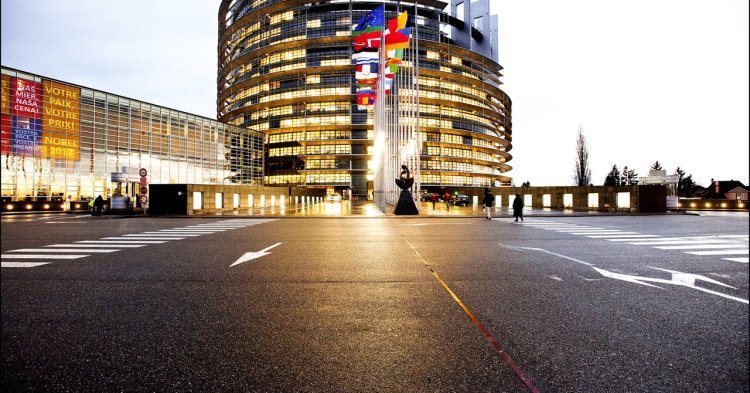Democracy is, following Abraham Lincoln’s famous definition, government of the people, by the people and for the people. Prosperity, peace and cooperation rely on the idea of democracy. We should not ignore the fact that the longest period of peace and harmony in the European continent is identified with the existence of European Community and the EU, and undoubtedly democracy plays an important role in it. Only democracy can guarantee the fundamental rights of the people and impose the appropriate obligations for the ideal functioning of a regional political system.
EU mechanisms guaranteeing democracy
The institution that is the major depiction of the democracy in our Union is the European Parliament that makes law in cooperation with the Council of EU on the initiative of the European Commission. Throughout the years, the European Parliament has expanded and improved its role, and its most important legitimation is that it is directly elected by citizens.
Furthermore, in addition to the European Parliament there is a wide range of factors that strengthen democracy in the EU. National parliaments, political parties, youth organisations who express ideas and claim rights, and the European Citizens’ Initiative play an important role in the political system of the European Union.
National parliaments operate as veto players in various processes, like the entry of third countries in the Union, and participate in the revision of the treaties. Specifically, the Treaty of Lisbon has determined the role of the national parliaments in EU, as it gave them more responsibilities and the capability to scrutinise the subsidiarity principle in law-making. The political groupings in the European Parliament reflect national-level parties, and the President of the Parliament usually comes from one of the two most powerful parties, EPP and S&D. Furthermore, the European Citizens’ Initiative gives the European public the right to participate directly rather than through parties.
Democratic deficit isn’t about the system, it’s about the citizens
Democracy was all along the central target of European visionaries, but unfortunately the previous treaties couldn’t totally achieve that aim. The treaties of Amsterdam and Nice, which amend the Treaty of Maastricht that founded EU, failed to alter the European structure significantly. However, the Treaty of Lisbon changed the structure, strengthening the democratic foundation of the Union. The provisions of the treaty emphasise representative democracy through a strong European Parliament, and participatory democracy and democratic equality through mechanisms such as the Citizens’ Initiative.
On the other hand, unfortunately, there are doubts about democracy in European Union, as many citizens claim that there is a democratic deficit. Is the European Union democratically legitimate? Citizens’ indifference towards the Union is a factor, as the lack of engagement in the decision-making process causes alienation and damages democracy. However, it’s easy to disregard the fact that the increasing distance of citizens from politics is not just about the EU, but is present in almost all representative democracies. The complexity of policy issues, rational ignorance, the apathy of many publics, and the power of certain special interests are all reasons why the state of democracy can be questioned, not only in the EU but also other systems.
It turns out that the idea of ‘European democratic deficit’ is a myth that is spread by Europhobic circles, as it is clear that the citizens are the main actors provided that they are involved in European issues. By being interested in EU decision-making, we support the institutions and we resolve the present difficulties. In this way, we should support the European Union and its type of governance, rather than allowing the democratic idea to be corrupted by extreme groups.
Democracy and the European Union remain highly connected, as the latter can survive only with the existence of the former. We should respect and support that governance in order to optimise the Union. We should not give up claiming rights, but we should also respect our obligations. Democracy requires sacrifices, but the result justifies us.

Follow the comments: |
|
